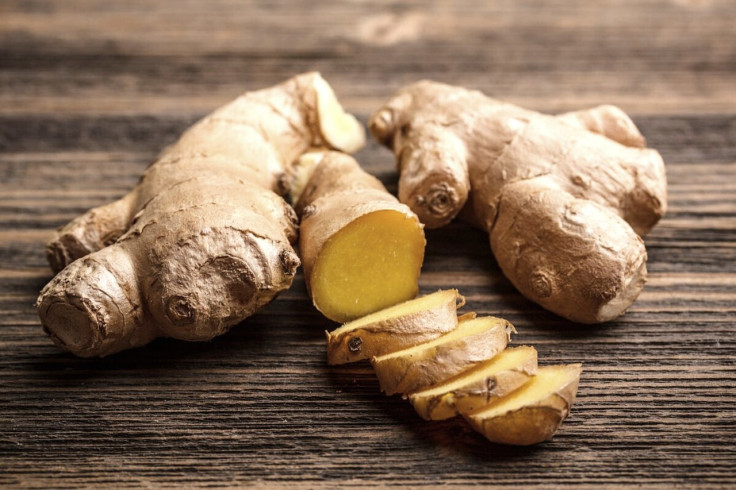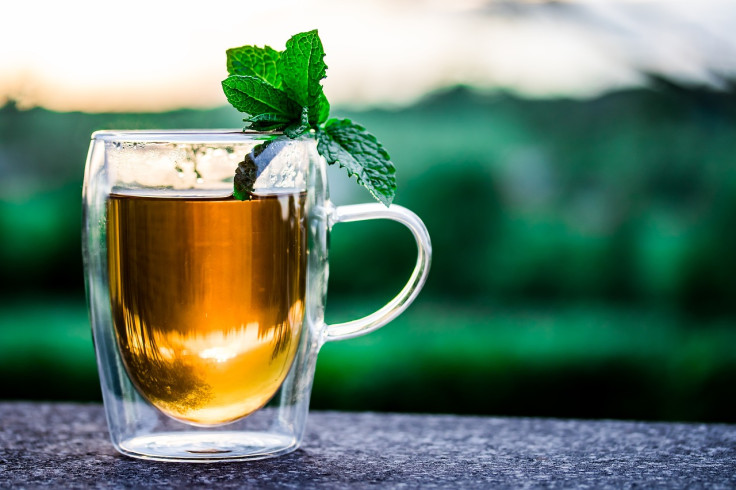12 Natural Remedies for Common Ailments in 2024: Heal Yourself Naturally
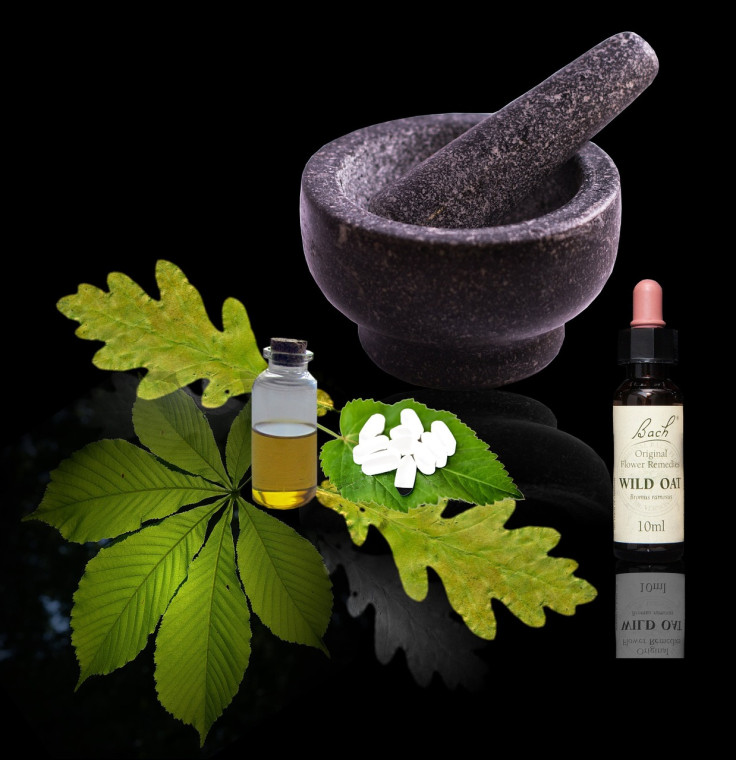
Natural remedies can be a helpful complement to conventional medical treatments for common ailments. They have also become a favored go-to in a world full of toxins and wary of turning to chemicals for healing.
However, it's essential to consult with a healthcare professional before trying any new remedies, especially if you have pre-existing health conditions or are taking medications. Here are 12 natural remedies for common ailments that you can use in 2024:
12. Ginger for Nausea
Ginger has anti-nausea properties. It has been traditionally used to alleviate nausea and vomiting, including motion sickness, morning sickness during pregnancy, and post-surgery nausea. Ginger contains gingerol, a bioactive compound with powerful anti-inflammatory and antioxidant effects. This may also help reduce inflammation in the body. You can consume ginger tea, ginger ale, or ginger candies to alleviate nausea.
11. Honey for Sore Throat
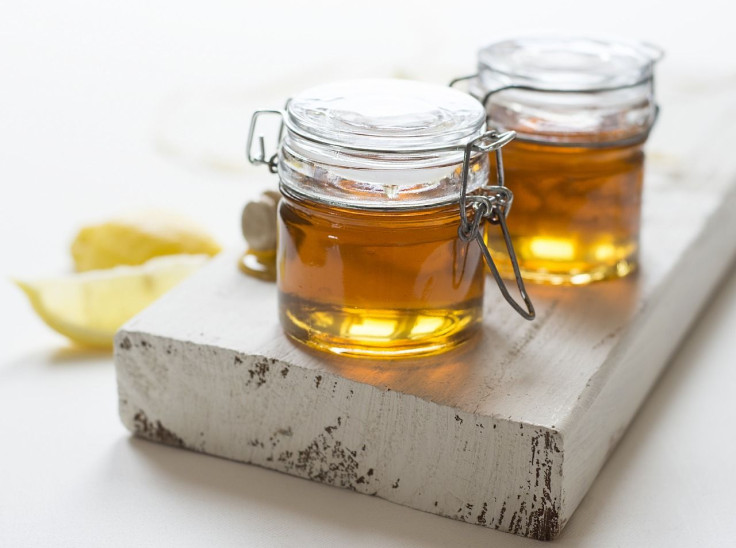
Honey is one of the best natural remedies for common ailments. It has been used for centuries to soothe a sore throat. It has antimicrobial properties. Honey has a thick and sticky consistency that can provide a soothing coating to the throat, reducing irritation and coughing. It has natural antibacterial properties that can help fight bacteria in the throat, potentially aiding in the healing process. You can mix honey with warm water or tea for relief.
10. Peppermint for Indigestion
Peppermint can help with indigestion and bloating. It is often used as a natural remedy for indigestion and related symptoms. It contains compounds, particularly menthol, that have various health benefits, including soothing the digestive tract. It can help relax the muscles of the gastrointestinal tract, including the muscles in the stomach, which may ease the symptoms of indigestion. You can drink peppermint tea or chew on peppermint leaves.
9. Eucalyptus for Congestion
Inhaling eucalyptus steam can help relieve nasal congestion. It is also regarded as one of the natural remedies for common ailments. Eucalyptus is commonly used to alleviate respiratory congestion due to its decongestant properties. The oil extracted from eucalyptus leaves contains a compound called cineole, which has mucolytic and anti-inflammatory effects. You can simply add a few drops of eucalyptus oil to hot water and inhale the steam.
8. Chamomile for Insomnia
Chamomile tea has calming properties that may help with insomnia. Chamomile is a popular herb known for its calming and soothing properties, and it has been traditionally used as a remedy for insomnia and sleep disturbances. It contains apigenin, an antioxidant that binds to specific receptors in the brain that may induce a calming effect, reducing anxiety and promoting relaxation. Try to drink a cup of chamomile tea before bedtime.
7. Aloe Vera for Sunburn

Aloe vera is a well-known natural remedy for soothing sunburned skin. It is also regarded as one of the natural remedies for common ailments. Aloe vera has anti-inflammatory, moisturizing, and cooling properties that can help alleviate the discomfort associated with sunburn. Aloe vera gel has a naturally cooling sensation, which provides immediate relief to the warm and irritated skin caused by sunburn. It also contains compounds that have anti-inflammatory effects, helping to reduce redness and swelling associated with sunburn.
6. Turmeric for Inflammation
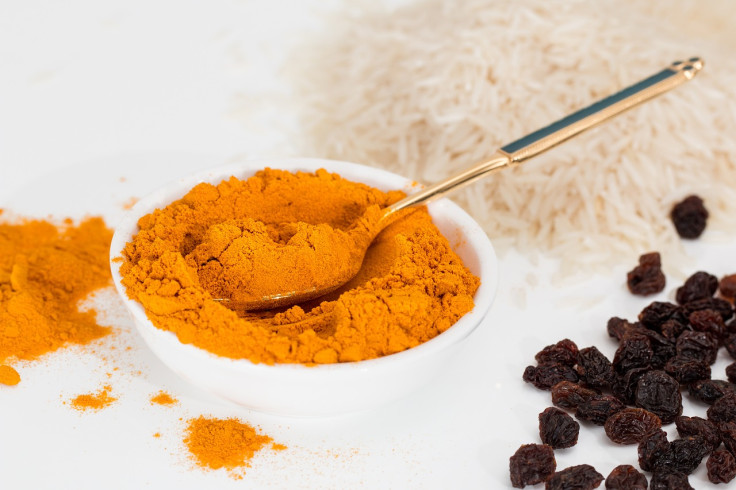
Turmeric, a spice derived from the root of the Curcuma longa plant, contains a compound called curcumin, which is known for its anti-inflammatory and antioxidant properties. Curcumin, the active compound in turmeric, has been shown to have potent anti-inflammatory effects. It inhibits the activity of inflammatory pathways at the molecular level. Turmeric also has antioxidant properties that help neutralize free radicals, which are reactive molecules that can contribute to inflammation and various chronic diseases. You can make a soothing turmeric tea by steeping turmeric powder or fresh turmeric slices in hot water. You can add ginger, lemon, and honey for additional flavor.
5. Cranberry for Urinary Tract Infections (UTIs)

Cranberries, particularly in the form of cranberry juice or supplements, have been traditionally associated with the prevention and management of urinary tract infections (UTIs). Cranberries contain compounds known as proanthocyanidins that may help prevent certain bacteria, particularly Escherichia coli (E. coli), from adhering to the walls of the urinary tract. This action may reduce the likelihood of infection. It's advisable to consult with a healthcare provider for personalized advice, especially if you have a history of recurrent UTIs or underlying health conditions.
4. Saltwater Gargle for Cold and Cough

Gargling with saltwater is one of the simplest but considered one of the really effective natural remedies for common ailments. It can help alleviate symptoms associated with a cold and cough. Saltwater can help reduce inflammation in the throat, providing relief from soreness and irritation. Gargling with saltwater may help loosen mucus and phlegm, making it easier to expel and relieving congestion. It could also help flush out irritants, bacteria, and viruses from the throat, potentially reducing the duration and severity of cold and cough symptoms.
3. Lavender for Stress and Anxiety

Lavender is a popular herb known for its calming and relaxing properties, and it has been used traditionally to alleviate stress and anxiety. The scent of lavender has been shown to have a calming effect on the nervous system. Inhaling the aroma of lavender may trigger a relaxation response in the brain. It could also help reduce the levels of stress hormones such as cortisol, contributing to a sense of calmness. No wonder it is one of the trusted natural remedies for common ailments.
2. Garlic for Cold and Flu
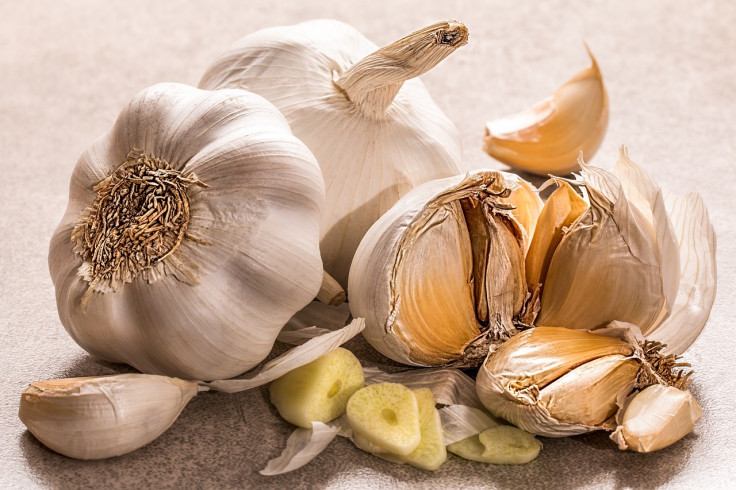
Garlic has been traditionally used for its potential immune-boosting and antimicrobial properties, making it a popular natural remedy for colds and flu. Garlic contains allicin, a compound known for its antimicrobial properties. It may help fight viruses and bacteria, potentially reducing the severity and duration of cold and flu symptoms. Garlic may stimulate the immune system, enhancing the activity of immune cells that help defend the body against infections. Add fresh garlic to your meals or take garlic supplements.
1. Yogurt for Digestive Health

Probiotics in yogurt can promote a healthy gut. Yogurt is often considered a beneficial food for digestive health due to its content of probiotics, which are live beneficial bacteria that provide various health benefits. Yogurt contains live cultures of beneficial bacteria, including strains such as Lactobacillus bulgaricus and Streptococcus thermophilus. These probiotics can help maintain a healthy balance of bacteria in the gut. Some studies suggest that the probiotics in yogurt may have anti-inflammatory effects, potentially benefiting individuals with inflammatory bowel conditions. Try to look for yogurt labeled with phrases like "live and active cultures" or "contains probiotics." Greek yogurt, kefir, and other fermented dairy products are often good sources of probiotics. Choose plain, unsweetened yogurt to avoid added sugars, which can negatively impact gut health. You can add your own natural sweeteners like honey or fresh fruit.
Have Them Within Your Reach
Remember that individual responses to natural remedies can vary, and it's crucial to use these remedies cautiously, especially if you have allergies or specific health concerns. If symptoms persist or worsen, seek advice from a healthcare professional. Nonetheless, having them in the cupboard will always ensure that you have any of these natural remedies for common ailments within reach whenever you need them.
© Copyright IBTimes 2024. All rights reserved.



